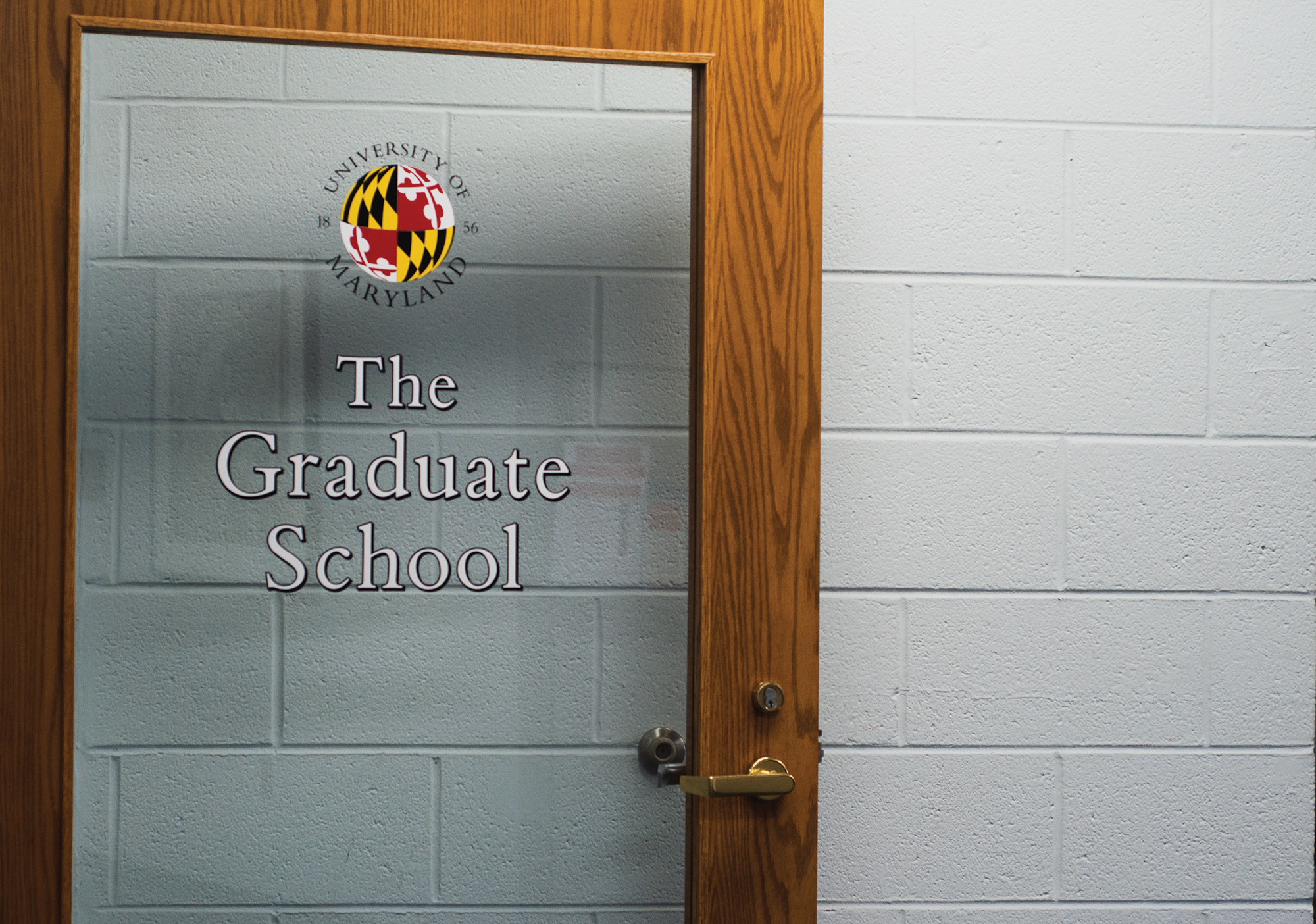While the University of Maryland continues to grow in its campus diversity, the graduate school is coming up with more ways to appeal to minorities, said Kim Nickerson, the associate dean of diversity for the behavioral and social sciences college.
Last semester, the Graduate Diversity and Inclusion office conducted a survey, which was sent out to about 2,200 graduates and received about 110 responses, said Christopher Perez, the associate director for the graduate school’s Graduate Diversity and Inclusion office. The survey asked students what kind of programs they would like the office to develop and about half of the responses said students would like to see more diversity speakers.
In response to this survey, the OGDI created the Spring Speaker series, which focuses on diversity issues within graduate programs. The graduate school has come together to create this series of speaking events discussing issues concerning the graduate students, as well as undergraduate students on the campus, Perez said.
Perez also said the graduate school prioritized this issue because students were specifically asking for more events focusing around diversity.
“I think that any time any unit can offer programming or events that speak to issues of diversity are important,” Perez said. “Part of my job is to build out programming and events that serve our students and also figure out ways that the programming can speak to recruitment and retention.”
Perez said his office, and many of the graduate school programs, partner a lot with one another to build recruitment initiatives. The Spring Speaker series is co-sponsored by the departments of Women’s studies, American studies, the education college and the Pepsi Enhancement Fund, Perez said.
“The college participates in a lot of recruitment events like [the Annual Biomedical Research Conference for Minority Students] and [the Society for Advancement of Chicanos/Hispanics and Native Americans in Science],” Nickerson said. “These are two national conferences in which underrepresented minority students from around the country attend to present undergraduate research in the STEM field to graduate schools.”
Michelle Espino, a student affairs professor, said the college’s graduate program has also come up with an idea known as “visit days.”
“We field a lot of calls throughout the year of students who are interested in talking with a faculty member,” Espino said. “We wanted to do something that invites those interested students to come visit the school in October before applications are due to talk with professors, sit-in on classes and listen to a student panel to help them make that decision easier for them.”
Espino also said the college uses holistic admissions when deciding on students’ enrollment into the college. The college doesn’t only use the Graduate Record Examination because there are other components that need to be addressed, which can be more appealing to underrepresented minorities.
“For our college it is important to not only balance the GRE score that a student has, but what also their potential contributions could be at both the master’s and doctoral level,” Espino said.
“If we only look for test scores, that in many ways rules out underrepresented minorities and low-income, first-generation students often,” Espino said.
Nickerson said the behavioral and social sciences college has the Dean’s Graduate Student Advisory Committee, which comprise a diverse group of graduates who advise the dean’s office based on ideas from one another, the college and their departments.
Nickerson recently met with this committee to discuss ways graduate students can host diversity conversations along with the Maryland Dialogues, which is a series of events open to faculty, staff, alumni and students to “advance discussions on many issues,” according to the Maryland Dialogues on Diversity and Community website.
“They came up with these ideas because a lot of our graduate students are doing research related to diversity issues or diverse populations or science problems that intersect with diverse populations,” Nickerson said.



